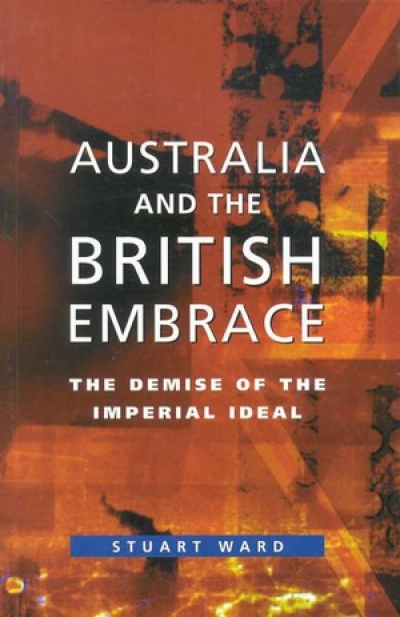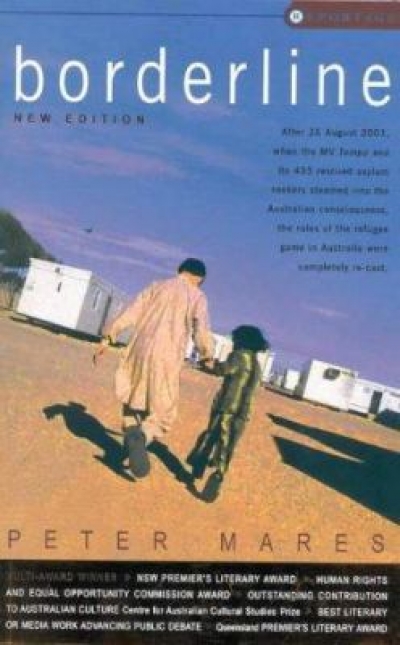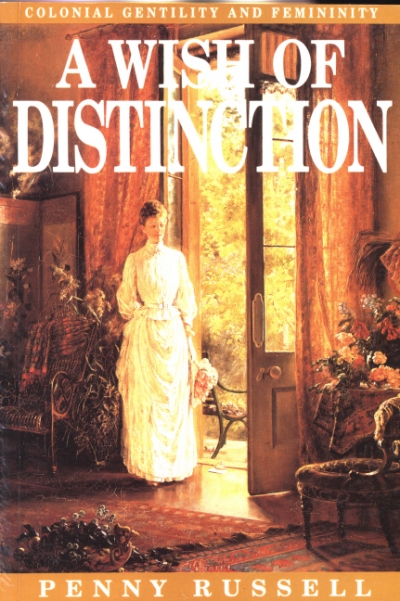Melbourne University Press
Australia and the British Embrace: The demise of the imperial ideal by Stuart Ward
by John Hirst •
A Witness to History: The life and times of Robert Arthur Broinowski by Richard Broinowski
by John Button •
The Death of William Gooch: A history’s anthropology by Greg Dening
by Inga Clendinnen •
Sailing to Australia: Shipboard diaries by nineteenth-century British emigrants by Andrew Hassam
by Graham Little •
An Officer of the Blue: Marc-Joseph Marion Dufresne: South Sea Explorer, 1724–1772 by Edward Duyker
by Oscar Spate •
A Wish of Distinction: Colonial gentility and femininity by Penny Russell
by Helen Elliott •
These five books are about war and are all written by veteran infantrymen (except Making the Legend), a fact which is quite relevant. The fiction is every bit as gritty as the non-fiction. There’s none of the glamour that popular thrillers attach to war, and there’s none of the abject horror that literature generally attributes to war. Instead, there is what can only be described as honesty. These books are truly about the work of winning wars; not the glory or triumph, but the face-in-the-mud labour of it.
... (read more)







